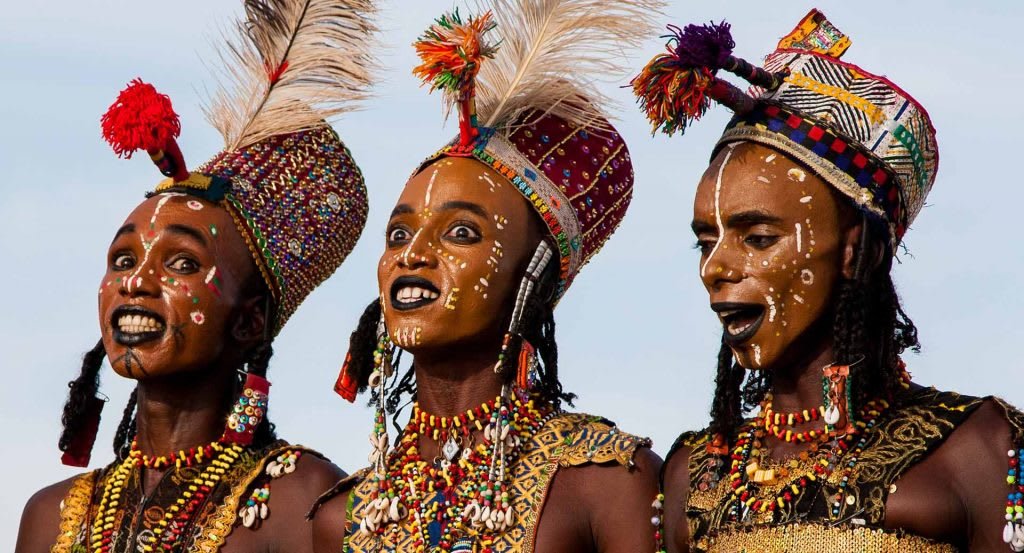Black culture traditions is a rich tapestry woven from centuries of traditions, resilience, and shared experiences. It is a source of pride, identity, and joy, with customs and practices that have been passed down through generations, fostering a deep sense of community and belonging. This article explores the vibrant traditions of Black culture, focusing on the positive impact they have on individuals and communities alike. From music and art to family and faith, Black culture offers an inspiring narrative of strength, unity, and celebration.
Table of Contents
ToggleThe Power of Oral Tradition
Oral storytelling is one of the most cherished traditions in Black culture traditions, serving as a means of passing down history, values, and wisdom. These stories, often told through folktales, proverbs, and songs, carry profound lessons about life, perseverance, and morality. African griots, the keepers of oral history, played a crucial role in maintaining the heritage of their communities. Today, this tradition continues in the form of spoken word poetry, rap, and other forms of verbal expression, which not only entertain but also educate and inspire.
The Legacy of Music and Dance
Music and dance have always been at the heart of Black culture traditions, acting as powerful tools for expression, connection, and resistance. From the rhythmic beats of African drumming to the soulful sounds of gospel, jazz, and blues, Black music has influenced and shaped global music trends. Dance styles like jazz, tap, hip hop, and stepping are rooted in Black culture and reflect a deep connection to rhythm and movement. This ties into the expressive, bold nature seen in [sassy culture], where individuals embrace a confident and unapologetic way of showcasing their identity, much like the vibrant expression found in Black music and dance.
Music and dance in Black culture traditions are more than just forms of entertainment—they are expressions of identity and resilience. Songs that emerged during times of struggle, such as spirituals and blues, served as a means of coping with oppression, while modern genres like hip hop continue to voice the struggles and triumphs of Black communities worldwide.
Faith and Spirituality: A Guiding Force
Faith and spirituality are integral parts of Black culture, providing strength and hope during times of adversity. The Black church, particularly in the United States, has long been a pillar of the community, offering not only spiritual guidance but also a sense of unity and purpose. Historically, the church played a critical role in the Civil Rights Movement, serving as a meeting place for activists and a source of inspiration for those fighting for justice and equality.
African spiritual traditions, such as Ifá, Vodou, and Santería, also continue to thrive among Black communities in various parts of the world. These practices emphasize a connection to ancestors, nature, and the divine, offering a holistic approach to spirituality that nurtures both the mind and body.
Family: The Bedrock of Black Culture
Family is at the core of Black culture, where strong family ties and the importance of community are emphasized. Family gatherings, often centered around food and shared experiences, are opportunities to reconnect, celebrate, and support one another. Sunday dinners, for instance, are a cherished tradition where generations come together to share meals and stories.
The concept of “extended family” is also significant in Black culture, with close family friends, neighbors, and even mentors often considered as part of the family. This network of support plays a vital role in fostering a sense of belonging and ensuring the well-being of all members of the community.
Food Traditions: A Celebration of Flavor and History
Black culture’s culinary traditions are a testament to creativity, resilience, and community. Soul food, with its roots in the African American experience, is a beloved part of Black culture, known for its rich flavors and comforting dishes. Foods like collard greens, cornbread, fried chicken, and sweet potato pie are staples at family gatherings, symbolizing love, nourishment, and tradition.
Beyond the delicious flavors, food in Black culture carries historical significance. Many dishes have their origins in the resourcefulness of enslaved Africans, who created meals from limited ingredients, turning necessity into culinary art. Today, these dishes serve as a reminder of the strength and ingenuity of Black ancestors.
Art and Fashion: Bold Expressions of Identity
Black art and fashion are powerful means of self-expression, often reflecting the history, struggles, and aspirations of the Black community. From the Harlem Renaissance to contemporary Black artists, creativity has been a driving force in shaping cultural identity and inspiring social change.
Fashion, too, plays an important role in Black culture, with bold styles that express individuality and pride in heritage. Whether it’s through African-inspired prints, hairstyles like braids and afros, or streetwear fashion that emerged from urban Black communities, fashion is a way to celebrate cultural identity and stand out in a world that often seeks to assimilate. [Sassy culture] is another arena where fashion plays a critical role, celebrating individuality and style that empowers the wearer.
Rites of Passage: Honoring Growth and Transition
Rites of passage are significant in Black culture, marking important life transitions and celebrating personal growth. From naming ceremonies for newborns to coming-of-age celebrations like cotillions and bar mitzvahs for Black Jews, these traditions honor the individual’s journey and their place within the community.
These rites of passage often involve family and community members, highlighting the collective support system that is so central to Black culture. They serve as powerful reminders of the values of respect, responsibility, and love that are passed down through generations.
Black Culture and Global Influence
Black culture has not only shaped local communities but has left its mark on global landscapes as well. For example, significant cultural centers like the [Palace of Culture and Science] in Warsaw stand as a testament to the role cultural hubs play in shaping societies and preserving heritage, much like the contributions of Black culture to art, music, and societal development across the world.
FAQs About Black Culture Traditions
Q:What role does the Black church play in the community?
The Black church has historically been a pillar of support, offering spiritual guidance, unity, and activism, particularly during the Civil Rights Movement. Today, it continues to be a space for community-building and social justice work.
Q:How has Black culture influenced global music and dance?
Black culture has profoundly shaped global music and dance, from African drumming to genres like jazz, blues, and hip hop. Dance styles such as tap and breakdancing are also rooted in Black culture and have left a lasting impact on the world stage.
Conclusion:
Black culture traditions is a living, evolving tradition that continues to inspire and uplift people around the world. Its deep roots in music, dance, faith, family, and art have created a rich cultural legacy that celebrates resilience, creativity, and joy. Whether through storytelling, fashion, or family gatherings, the traditions of Black culture remain a powerful force for unity and pride.

